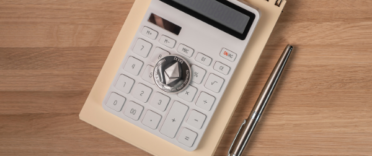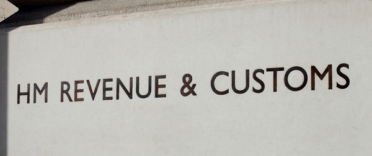I currently earn £99k but with taxable benefits of health-cover and fuel card provided by my employer, therefore my “calculated salary” is about £107k. Additionally, this year I am likely to get a bonus of £12k to £20k.
What can I do to maximise my personal allowances – currently I do not have an ISA, nor do I make extra payments into my pension. I would also like to set up a deed-of-covenant for a charity.
I am married (wife does not work) with 3 children (still at home) and have a 260k mortgage on my home.
My response:
The Personal Income Tax Allowance reduces where an individual’s income is above £100,000 – by £1 for every £2 of income above the £100,000 limit. This reduction applies irrespective of age.
That means that someone who is, for example, under 65 and earns more than £114,950 a year will lose their personal allowance in its entirety. But a there is a way around this.
Make pension contributions or gift to charity
The personal allowance withdrawal technically relates to something called the 'adjusted net income' and not your gross salary, as you suggest. For a lot of people these may be one and the same. But the 'adjusted net income' used in the calculation is an individual’s income which is subject to income tax less specified deductions, which include grossed up contributions to pensions as well as grossed up contributions to charities via gift aid.
What this means is that people whose 'adjusted net income' doesn't exceed £100,000 will receive their full personal allowance. So in your case making pension contribution and/or charitable gifts could bring your income down to the £100,000 limit meaning that you would keep your full income tax personal allowance.
Other options
There are other options available to you. The main aim is to reduce your total income subject to income tax
You could do this by:
- Placing savings inside a cash ISA, which are tax-free, so avoiding tax on the interest (your wife could also utilise her annual cash ISA allowance)
- Place shares, bonds and investment funds within Stock & Shares ISAs
- Place any other savings in your wife's name as she will pay less tax on the interest (see my post Money tip #1 – Get bank account interest tax free even if you are a high rate tax payer)
- Look to generate capital gains rather than income from assets. Both you and your wife (and your children in fact) can generate £10,600 capital gains tax-free each tax year
- Look to place other income producing assets in your wife's name where possible
Best Wishes
Damien
The material in any email, the Money to the Masses website, associated pages / channels / accounts and any other correspondence are for general information only and do not constitute investment, tax, legal or other form of advice. You should not rely on this information to make (or refrain from making) any decisions. Always obtain independent, professional advice for your own particular situation. See full Terms & Conditionsand Privacy Policy.






Excellent well balanced advice. I will be utilising some of these tips. My problem is that I am the only “income generator”. Thank you ANDREW